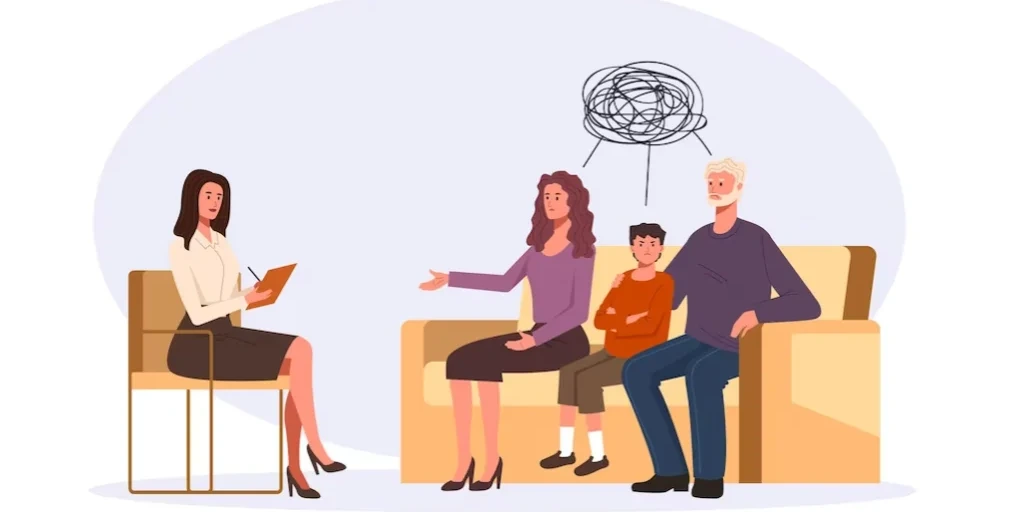24/7 Helpline:
(866) 899-221924/7 Helpline:
(866) 899-2219
Learn more about Intervention Services centers in Zapata County
Intervention Services in Other Counties

Other Insurance Options

BlueCross

Highmark

Sliding scale payment assistance

WellCare Health Plans

Health Choice

Evernorth
Beacon

Optima

Humana

Excellus

Sutter

Health Net

Coventry Health Care

Ambetter

Regence

PHCS Network

Covered California

Kaiser Permanente

Carleon

United Health Care















SCAN – Serving Children and Adults in Need
Serving Children and Adults in Need (SCAN) provides outpatient services for teens. They provide serv...

Border Region
Border Region is a private rehab located in Zapata, Texas. Border Region specializes in the treatmen...










